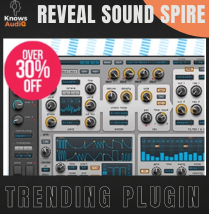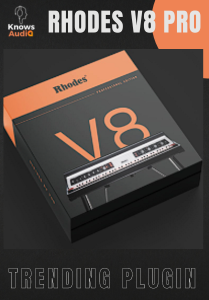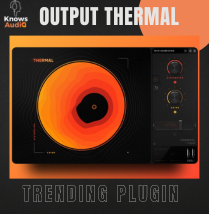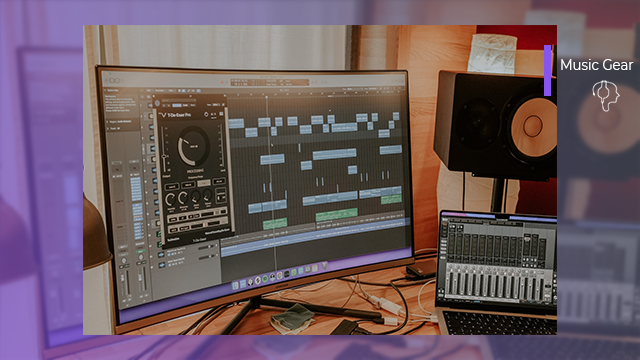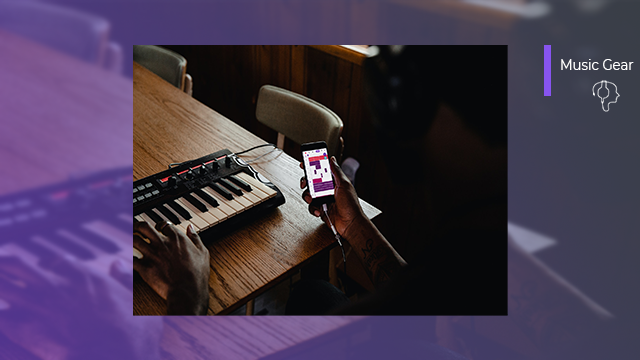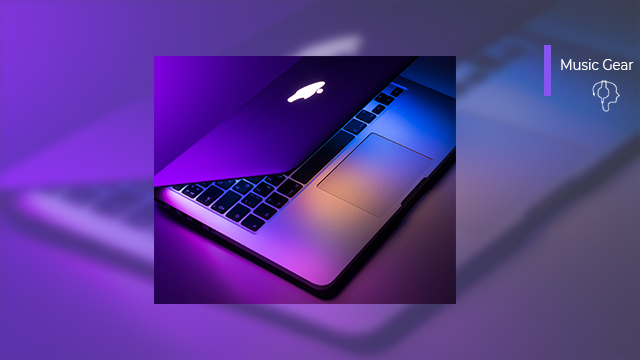Buying A Computer for Music Production? Things to Know
Home » Music Gear » Buying A Computer for Music Production? Things to Know
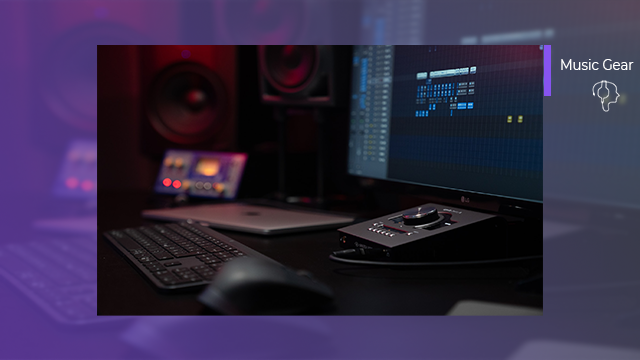
- Music Gear
- Kobe Cooper
- August 18, 2023
The computers designed for music production may cost more, but they give you the convenience of handling intensive tasks efficiently. With these devices, you get the experience you want, as there’s no stuttering, crashing, or freezing of the device.
The quality of the music they give you is outstanding, and any random device can’t match it. So, if you plan to buy a computer for effectively handling your music production activities, it’s good to conduct thorough research on all available options.
The article combines things you need to know before buying a computer for music production for informed decision-making.
What Should You Consider?
When you plan to buy a laptop, the budget is the most significant consideration, as the specs you pick depend on the price range you want to spend on the new device.
The best configuration for your music production computer is an Intel Core i7 2.5 GHz CPU, 500 GB SSD, 16 GB RAM, and a full HD 1080p monitor.
You need to run many music applications as a music composer or producer, so having a 1TB external HDD can be a plus.
Ensure to buy a computer that allows you to run heavy-end apps as you may need it for tasks such as using the best VST plugins and large Kontakt libraries.
The computer specifications you pick to purchase also depend upon the software apps you decide to download; however, the list of software apps will grow as your career evolves.
What CPU is the Best for Music Production?
The CPU is the central processing unit where all the work happens. CPU with the latest generation – 12th gen is the best to buy. The higher the cores or better the clock speed, the better the performance would be while handling resource-intensive tasks.
Clock Speed is another factor you should consider when deciding on the CPU. Measured in GHz, higher clock speed indicated faster performance when executing instructions you throw at your computer when composing music for your next project.
The number of cores decides the tasks your computer performs efficiently at any given time. As a music producer, you would be handling an array of tasks, so buying a device that supports multitasking is essential. Buy anywhere between 8 cores and 12 cores if the budget allows.
A slow processor will not let you handle your music-related tasks effectively. With fewer cores and slower clock speed, you may be unable to run your music production software flawlessly, impacting your overall workflow.
How Much Storage is Sufficient?
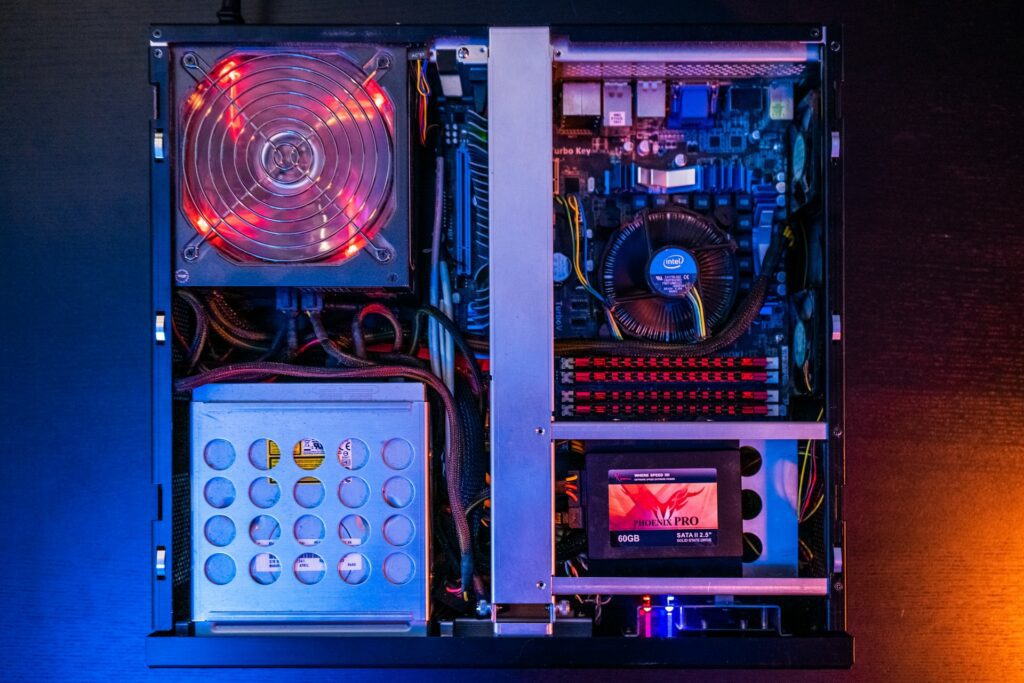
When it comes to storage, nothing is considered ‘sufficient’; the more, the better. Buy at least 500 gigabytes of storage to store large music files without affecting the functioning of other tasks on the computer.
When working on a project, you would require saving heavy audiovisual files on your computer. Sometimes, your main duties involve adding music to the video clips or editing audiovisuals to make them appropriate to the topic.
Anything less than 500 GB will suffocate storage, making the apps run slower. So, consider having as much storage as possible in the given budget. Another important factor is the type of storage media you purchase for your computer, which influences the data read and write speed.
Buying an SSD (solid-state drive) is better than installing an HDD (hard disk drive). The SSDs are faster in handling data read and write operations, one of the most significant requirements for music production. SSDs are more expensive than traditional hard drives but worth buying.
Why Should You Buy At Least 16 GB RAM?
The RAM is often considered as the temporary storage inside the computer. Having sufficient RAM will allow you to multitask at pace. Without enough RAM, you cannot perform even simple tasks efficiently, as you will likely experience lags.
For multitasking capabilities, ensure you have at least 16 gigabytes of Random Access Memory. If you don’t have enough memory, performing a simple Google search would be laggy, and you won’t be able to open multiple taps in the browser.
Generally, RAMs are available in different variants, including 4GB, 8GB, 16GB, 32GB, and 64 GB. If you buy a 500GB SSD, having 16 gigs RAM would be sufficient as it compliments your computer’s overall performance.
With a lower budget, you may also consider having an 8 GB RAM variant. For music production, you would require running multiple apps together while watching tutorials or editing a clip. So, 8 GB RAM will allow you to manage multiple tasks effectively.
What Kind of Monitor Do You Require for Music Production?
When buying a monitor for music production, the simple rule applies – get the highest screen resolution you can afford. Working on a music project is challenging; you must keep track of multiple tasks.
Buy a high-definition monitor in 1080p resolution. Also, buy a bigger monitor to have more screen estate to work on when using several mixers, plugins, amplifiers, virtual instruments, and more.

